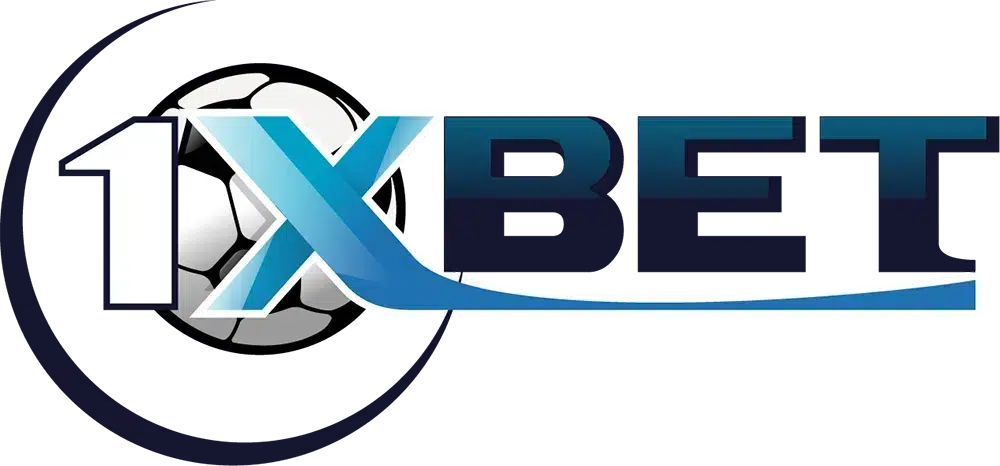Everything you need to know about money market accounts

Money market accounts are interest-bearing, government-insured bank accounts that often come with payment privileges by check and debit card.
Learn how money market accounts work and differentiate between these accounts and others to determine if they are the right vehicle for your goals and liquidity needs.
But before you start, here is a premium training that will allows you to know all the secrets to succeed in the Podcast.

Get 200% Bonus after your first deposit. Use this promo code: argent2035
What is a money market account?
A money market account is a savings account with certain control features. It usually comes with checks or a debit card and allows a limited number of transactions each month.
Traditionally, money market accounts offered higher interest rates than regular savings accounts. But nowadays, the rates are similar. Money markets often have higher deposit or minimum balance requirements than savings accounts, so compare your options before deciding on one.
In the USA, money market accounts are insured by the Federal Deposit Insurance Corp. (in banks) and the National Credit Union Administration (in credit unions), so you won't lose your deposits even if the financial institution goes bankrupt.
These accounts are often confused with money market funds, which are mutual funds offered by investment companies. Consumers appreciate the liquidity of money market accounts and money market funds because they both provide easy access to cash.
But it's not the same thing. Money market accounts are insured cash deposit accounts that represent readily available cash, which is why they are also called “money market deposit accounts”. Money market funds are classified as cash equivalents and are not FDIC insured
Money market account VS savings account
Both accounts earn interest and provide easy access to cash by allowing you to withdraw cash on demand up to withdrawal limits. But they don't always serve the same purposes.
A money market account is a type of deposit account that often requires a higher minimum balance. It traditionally pays a higher interest rate than a standard savings account.
Some CMMs also come with a debit card or checks – which you won't find with savings accounts. Institutions may require that they be used no more than six times per month.
Some will charge a fee if you go over that number. A high-interest savings account pays attractive rates but usually doesn't have debit card or check access.
The main reason for opening a CMM is to have a higher interest rate compared to a savings account or a traditional checking account, while having the possibility of writing a few checks. Keep in mind that in some cases money market rates and savings rates are quite similar these days.
Comparison of Money Market Account and Other Bank Accounts
Money market accounts offer slightly different functionality than other bank accounts. Here's a look at how they compare to traditional bank accounts offered by most full-service banks.
High Yield Savings Account
A money market account is not the same as the traditional savings account you are probably used to. The biggest difference between the two accounts is that money market accounts generally offer a higher annual percentage yield (APY), especially the top money market accounts offered by online banks. And you will generally have check writing privileges and a debit card.
Current account
Traditional checking accounts are intended for day-to-day transactions. Money market accounts do not work this way as they are traditionally subject to monthly transaction limits.
If you want to keep your money accessible for daily transactions, create a checking account. Some money market accounts come with checking account benefits, such as debit cards for ATM access and check-writing privileges.
Again, the interest earned by money market accounts is a major difference between the accounts. Most chequing accounts do not bear interest.
Certificate of Deposit (CD)
CDs can be comparable to money market accounts in terms of interest rates. Both can offer high-yielding APYs.
The difference is that CDs require you to leave your funds untouched for a specific period of time, ranging from as little as one month to as long as five or 10 years. Most CDs do not allow you to withdraw funds early without being penalized.
Another difference between CDs and money market accounts is the type of interest rate they each have. When you open a CD, you lock in a fixed interest rate for the entire term of the CD. They have variable APYs, which means the rate can go up or down on any day.
Money market accounts often reserve the highest rates for higher balances. The highest CD rates tend to be awarded for longer CD terms.
Best Ways to Use a Money Market Account
Money market accounts are an excellent vehicle for pursuing both short-term and long-term savings goals. They allow you to separate specific money from your everyday bank account to save for the future. They are a great bank account to use for:
- Emergency fund
- Wedding expenses
- Vacation fund
- Tax payments
- home improvement projects
- Saving for a new car
- Pension saving
- Other short-term savings goals
The uses of a money market account are endless. Plus, your money is easily accessible if you need it.
Advantages and Disadvantages of Money Market Accounts
Is a money market account worth it? It depends. If you're considering one, keep these pros and cons in mind.
The Benefits of Money Market Accounts
High interest rates. Interest rates tend to be higher than savings accounts.
Writing of checks. Many money market accounts allow customers to write checks to draw on their deposits when a debit card is not accepted.
Debit cards. The debit card that comes with many of these accounts makes it even easier to make infrequent purchases with plastic.

Get 200% Bonus after your first deposit. Use this official Promo code: argent2035
Deposit insurance: FDIC or NCUA insurance gives you peace of mind that you won't lose your money even if a bank folds.
Furthermore, these accounts allow you to:
- Access funds more easily than with traditional savings accounts with debit cards and checks. This facility can be very useful in case of emergency.
- Benefit from better rates than traditional checking accounts.
- Have a safe place to keep a large sum of money, protected by FDIC insurance.
The Disadvantages of Money Market Accounts
- Funds may be too easy to spend.
- Some accounts require high minimum balances to open or avoid fees.
- In many cases, savings accounts earn just as much interest.
- High minimum balance requirements. You will often need to maintain a higher account balance than with a savings account. What you may not be able to afford or which may prevent you from covering other expenses.
- Monthly fee. If you cannot meet the minimum balance requirement, you will pay fees which can eat into your deposits.
- Withdrawal Limits. The cap on the number of monthly withdrawals you can traditionally make from these accounts makes them impractical for day-to-day spending.
Summary
- Money market accounts are government insured and offered by banks and credit unions.
- They share common characteristics with savings accounts and checking accounts.
- It is an ideal vehicle for emergency and sinking funds.
- They offer higher liquidity than savings accounts due to their traditionally higher minimum balance requirements.
Before you leave, here is a training that allows you to master trading in just 1 hour. Click here to buy it.
Leave me a comment and share on your social networks















Leave comments